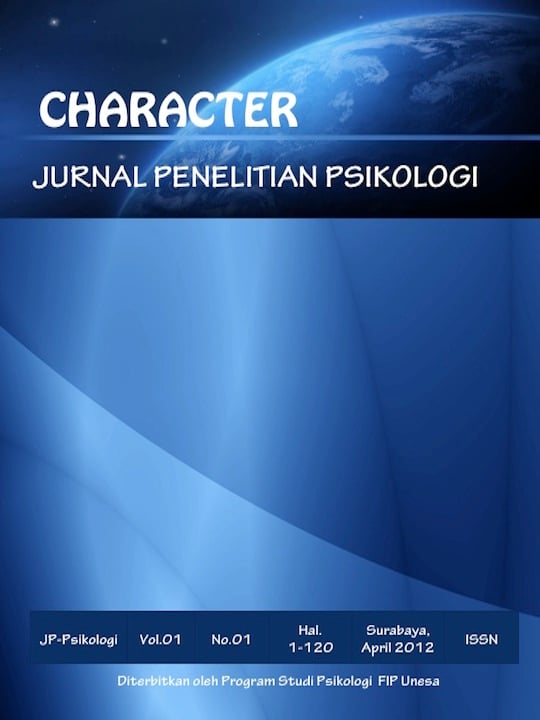Forgiveness In Early Adult Women With Divorce Parents
DOI:
https://doi.org/10.26740/cjpp.v10i1.53342Abstract
This study aims to determine the description of forgiveness in early adult women with divorced parents and the factors that influence a person to do forgiveness. This research uses a qualitative approach with a case study method. Data obtained from semi-structured interviews with narrative analysis techniques. Participants in this study were early adult women who had experienced divorced parents when they were 6-12 years old. With reference to the two dimensions of forgiveness, namely the intrapsychic and interpersonal dimensions, this study shows that two participants have succeeded in doing forgiveness and one participant has not succeeded in doing forgiveness. For individuals who have successfully done forgiveness, it shows a positive change in their life and the relationship with their parents has returned to normal. For participants who have not succeeded in forgiving their parents, they are still filled with feelings of hatred, disappointment, anger, and heartache. Factors that influence such as relationship status as a family, religiosity, and the quality of interpersonal relationships. Meanwhile, inhibiting factors include focusing on parents' mistakes, feeling hurt, experiencing deep sadness, painful experiences, unfavorable social environment, avoidance behavior, and having poor judgment towards parents.
Key word : Forgiveness, early adult women
Downloads
Downloads
Published
How to Cite
Issue
Section
License
Authors who publish in this journal agree to the following terms:
Copyright in any article is held by the author.
The author grants the journal, publication rights with the work simultaneously licensed under a Creative Commons Attribution License that allows others to share the work with an acknowledgment of the work's authorship and initial publication in this journal.
Authors may enter into separate, additional contractual arrangements for the non-exclusive distribution of the journal's published version of the work (e.g., posting it to an institutional repository or publishing it in a book), with an acknowledgment of its initial publication in this journal.
Authors are permitted and encouraged to post their work online (e.g., in an institutional repository or on their website) prior to and during the submission process, as this can lead to productive exchanges, as well as earlier and greater citation of published work.
 Abstract views: 341
,
Abstract views: 341
, PDF Downloads: 752
PDF Downloads: 752





